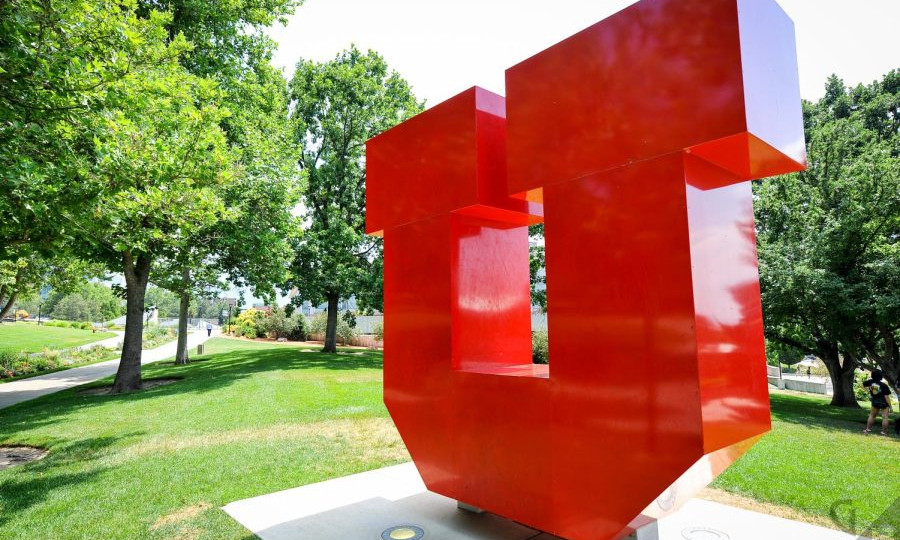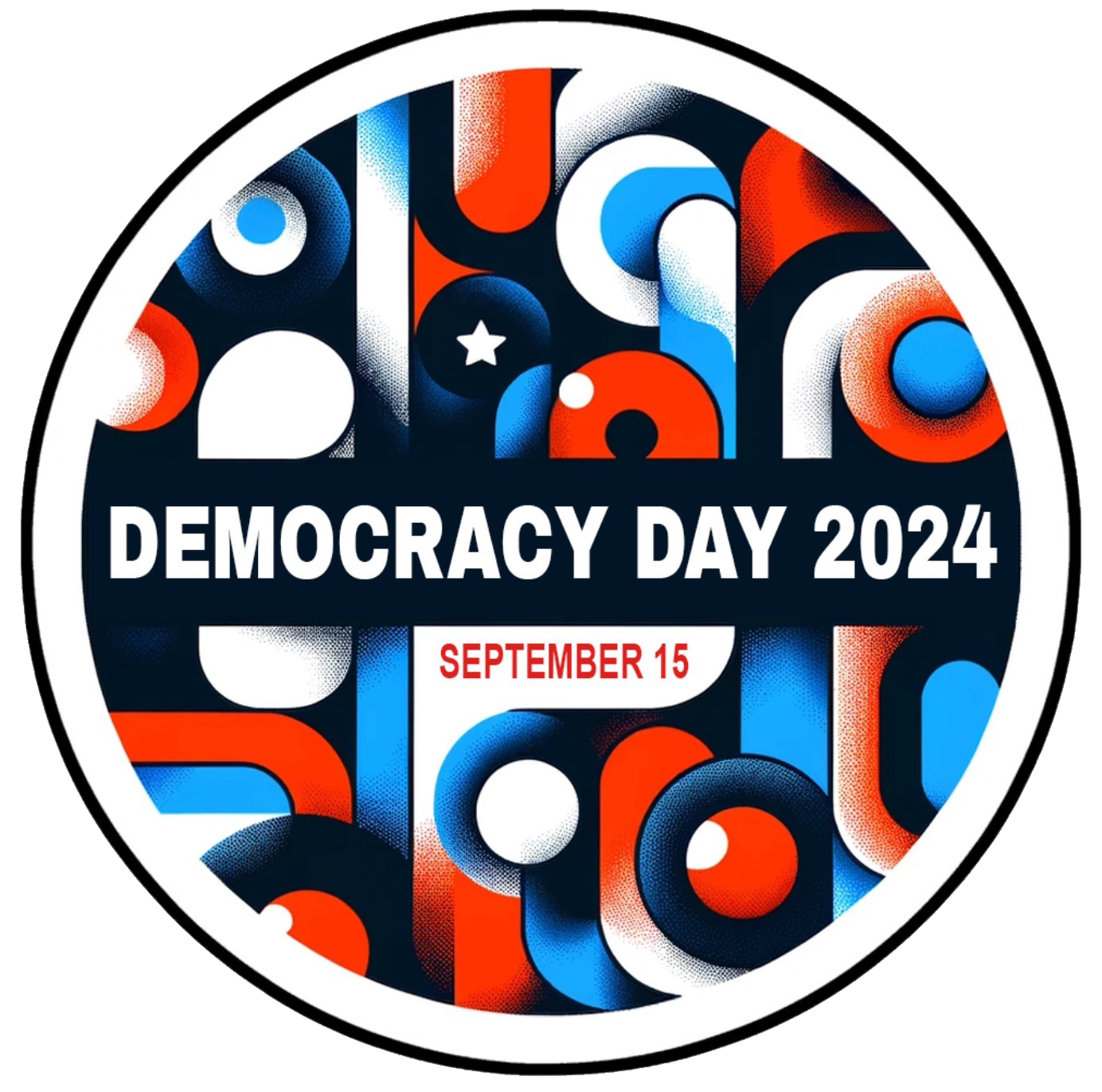This story is published as part of U.S. Democracy Day and the Utah College Media Collaborative, a cross-campus project bringing together emerging journalists from Salt Lake Community College, the University of Utah, Utah State University and Utah Tech University.
As part of the International Day of Democracy, U students discussed DEI changes in Utah, gerrymandering and political polarization.
Ranging from polarization to the closure of student resource centers, University of Utah students shared their thoughts and concerns on democracy with The Daily Utah Chronicle. The Chronicle discussed this topic for International Day of Democracy.
A March Pew Research Center report showed that most people in 24 countries are unhappy with their democratic systems. In addition, 74% said they believe elected officials don’t care what they think. Similarly, Jamie Lachowsky, a freshman and games major at the U, said he feels like state lawmakers ignore his thoughts and have pushed against his interests.
DEI Changes
Lachowsky cited the LGBT Resource Center’s closure as an example.
“It’s just sad to watch and experience … and [it does not] feel as safe because I don’t know where these people are or how to find them or interact with them because we don’t have those places anymore,” Lachowsky said.
In January, Utah passed an anti-DEI bill. The bill led the U to close the LGBT Resource Center alongside the Women’s Resource Center and the Black Cultural Center.
According to the Salt Lake Tribune, the law does not currently require state colleges to disband their cultural resource centers. However, in a press conference, University of Utah President Taylor Randall said closing the centers and forming two broader cultural centers was based on uncertainty over the law.
“We could have taken other centers forward,” Randall said at a press conference. “We just thought if all the universities did that, there was a high likelihood they would all get rejected. That is just purely a judgment call on our part.”
Lauren Antley, a senior and strategic communication major, said she thinks the U decided to shut down the resource centers without considering students’ perspectives.
“I feel like the students haven’t had much say about that,” Antley said. “The teachers have tried to put their say in, but … nothing is really happening.”
Over 900 U faculty members and staff signed a letter condemning the closure of the resource centers in July.
Gerrymandering
Brenna Dunn, a senior civil engineering major, expressed concern about the state legislature’s power to overrule the voters. She pointed to lawmakers repealing Proposition 4, a ballot initiative that assembled an independent committee to redraw congressional maps to prevent gerrymandering.
In July, the Utah Supreme Court ruled that lawmakers’ repealing Proposition 4 was unconstitutional. In response to the court’s ruling, the legislature passed proposal Amendment D in a special session on Aug. 21. The proposal would amend the state constitution to allow lawmakers to repeal or amend any ballot initiative passed by voters.
Despite her concerns, Dunn said she feels her views are sometimes represented in state politics.
“Luckily, every time I’ve written to a congressperson, I feel like that has been heard,” Dunn said.
Political Polarization
Zoe Foster, a non-degree-seeking student, said one of her main concerns is the growing polarization between the two parties and the need for mediated discussions.
“I feel like a lot of the news that we get is either/or, and it’s not a lot of both/and,” Foster said. “You really have to search for the both/and kinds of discussions.”
Political polarization has increased animosity between voters. A Pew Research Center report in 2022 found that 72% of Republicans think Democrats are more immoral than other Americans. Meanwhile, 63% of Democrats think the same about Republicans.
The growing resentment between the two parties has made political rhetoric more antagonistic. According to a 2023 Pew report, 84% of Americans think political debates have become less respectful.
Andrew Grow, a freshman games major, said candidates seem less focused on policy and are more concerned about painting the opposition in a bad light.
“I’ve seen a lot of [politicians] trying to point out the things the other candidates are doing wrong and not building an argument that stands on its own,” he said. “They’re trying to put the blame on other people rather than … be accountable and trying to solve problems.”
Giovanni Radtke reported and wrote this story as a journalism student with the University of Utah’s The Daily Utah Chronicle. His article is part of U.S. Democracy Day, a nationwide collaborative on Sept. 15, the International Day of Democracy, in which news organizations cover how democracy works and the threats it faces. To learn more, visit usdemocracyday.org.





